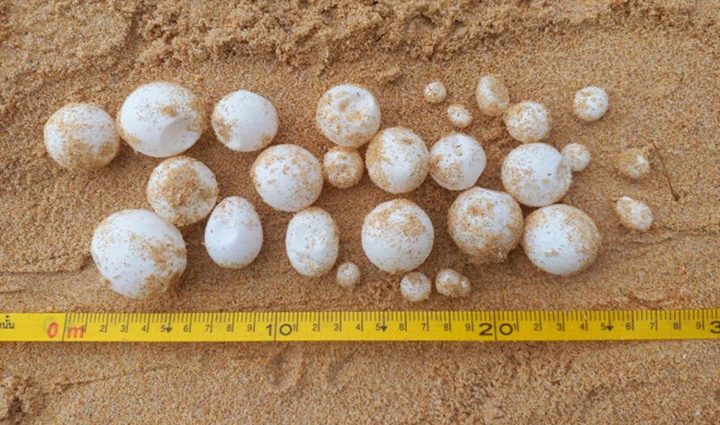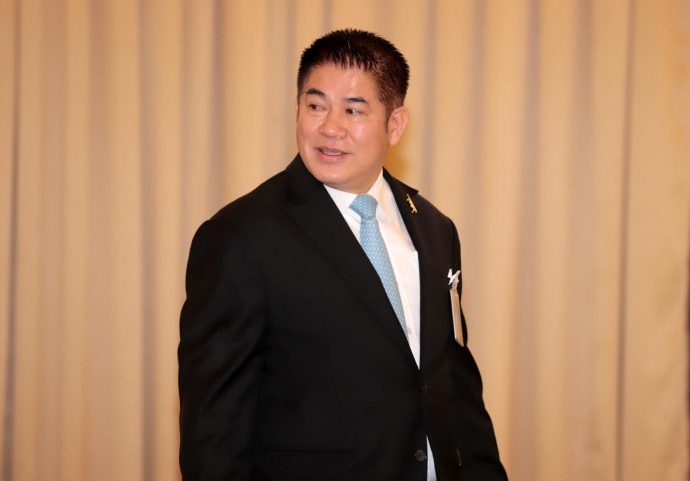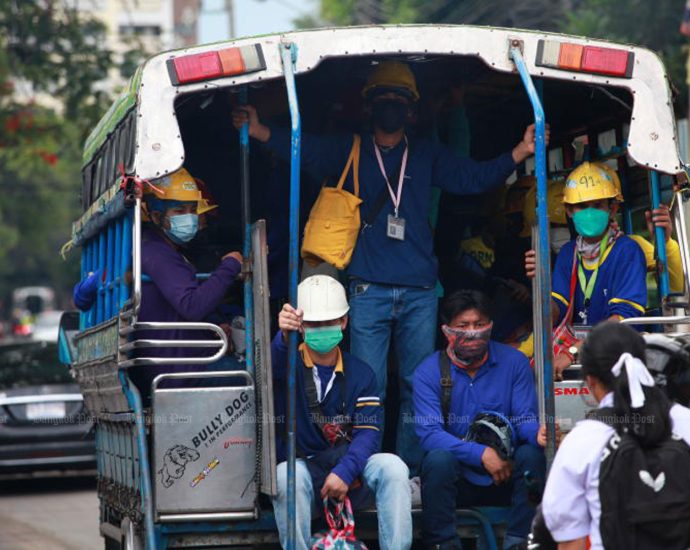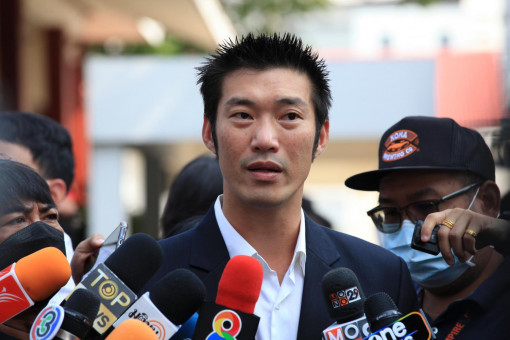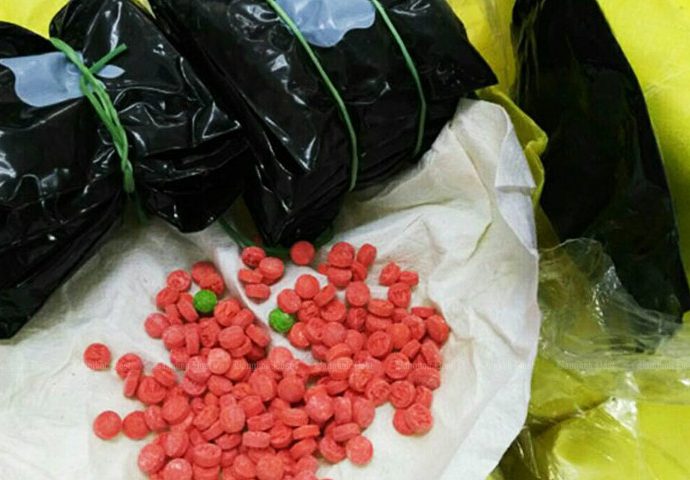118 turtle eggs found on Phangnga beach
PUBLISHED : 9 Dec 2023 at 05:18

PHANGNGA: A total of 118 leatherback turtle eggs were found on a beach in Khao Lampi-Hat Thai Muang National Park in Thai Muang district yesterday, the first of the current nesting season, according to park officials.
Prarop Plaengngan, the national park chief, said officials were patrolling the beach for signs of a leatherback turtle, or Tao Mafueng, breeding site when they spotted turtle tracks on Hat Pang Friday morning.
They followed the tracks of the mother turtle, which was 160-170 centimetres in length, to the nesting site where they found 118 eggs. Of them, 34 were infertile.
Mr Prarop said the eggs were moved to a safe place where they would not be disturbed by other animals or human activity so they can be hatched safely, adding the nest is expected to hatch in early February.

